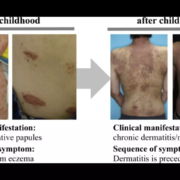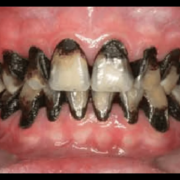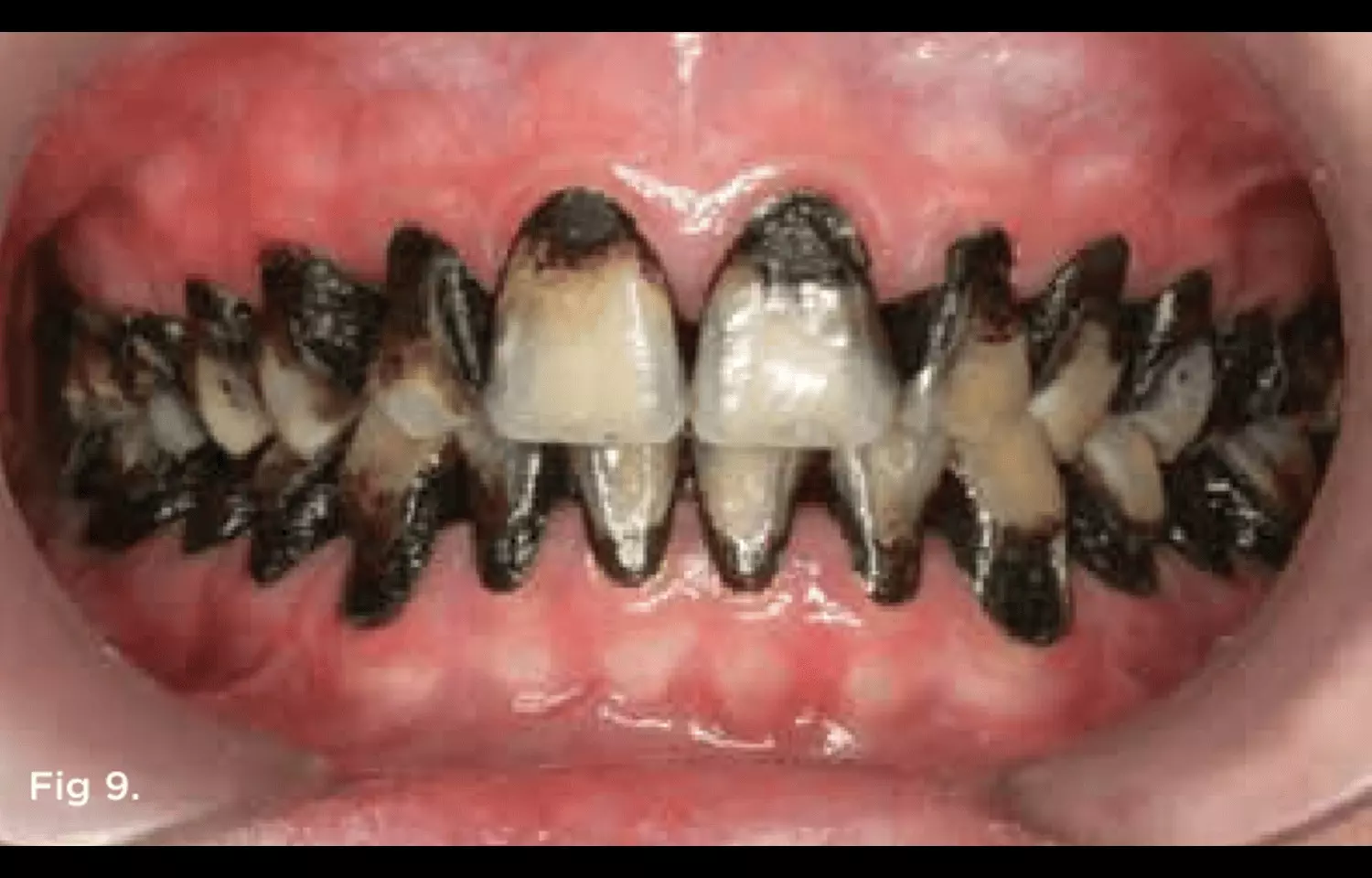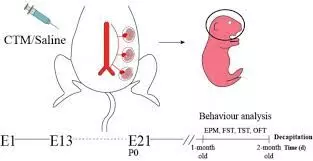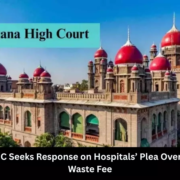Habitual Scratching among atopic dermatitis patients linked to increased disease Severity: Study
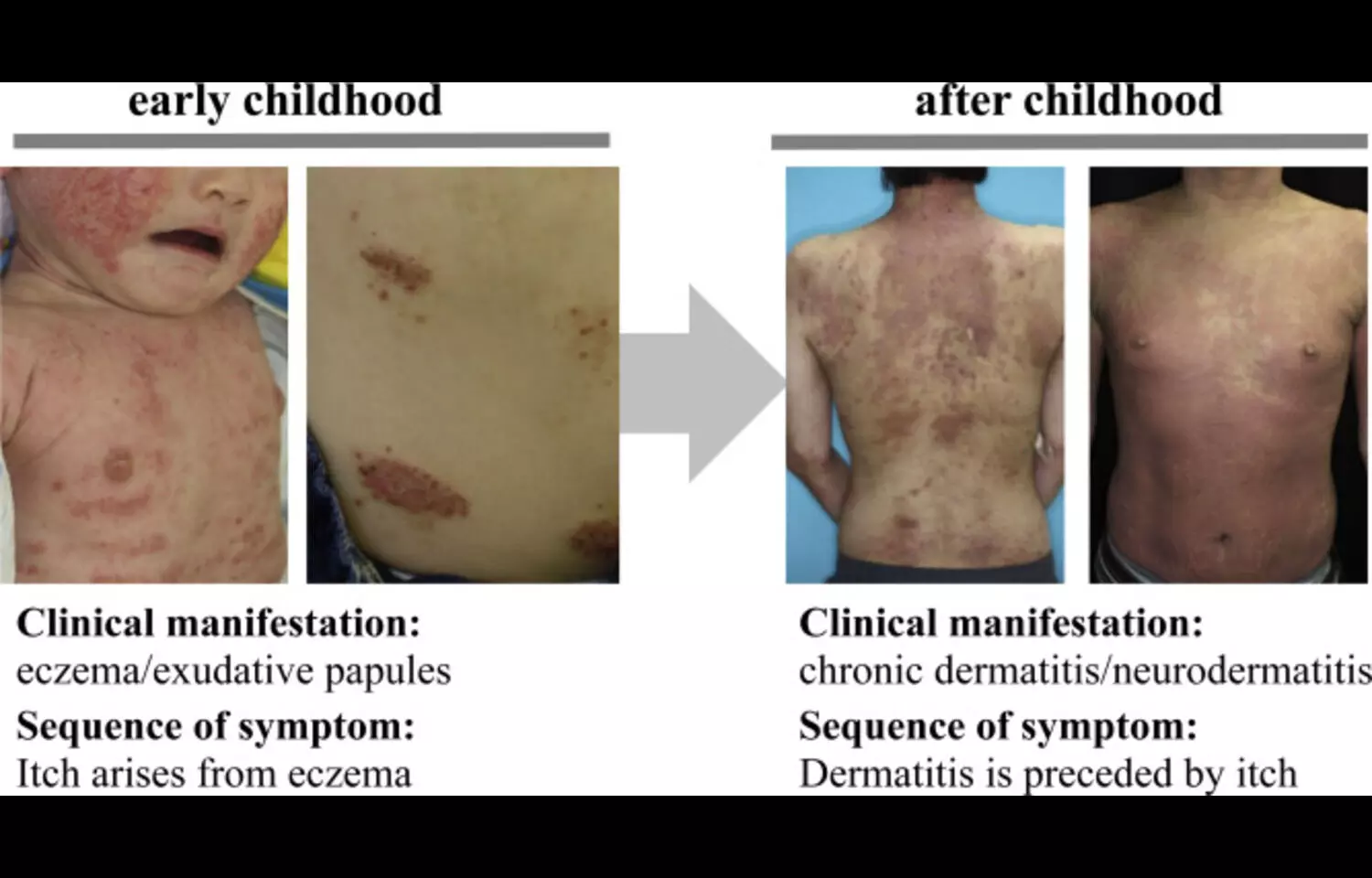
According to a new study habitual scratching was prevalent across patients of all levels of atopic dermatitis (AD) severity and was linked to greater disease severity, emphasizing the need to recognize and manage unconscious scratching as part of holistic atopic dermatitis care.
Scratching is one of the most disruptive features of atopic dermatitis. It not only worsens inflammation but also damages the protective barrier of the skin, making the condition harder to control. While scratching is often thought to be a direct response to itching, many people affected by atopic dermatitis also develop a different behavior known as habitual scratching. This form of scratching is repetitive, unconscious, and can occur even when there is no itch. Until recently, little was known about how common this behavior is among patients in Japan and how it might influence the course of the disease. A new study set out to explore this question by examining both adults and children who had been diagnosed with atopic dermatitis. Information was gathered through health records and a nationwide questionnaire that asked patients and caregivers about scratching behaviors and recent disease activity. The researchers were particularly interested in whether patients engaged in scratching without feeling itchy and whether they scratched in ways they did not even notice until it was pointed out to them. Disease severity was measured using a patient-focused tool designed to capture symptoms and their impact on daily life. The findings showed that habitual scratching was widespread in both children and adults. Many individuals described scratching even when they did not experience itch, while others reported scratching automatically without awareness. Importantly, these behaviors were more common in people whose atopic dermatitis was more severe. This suggests that unconscious scratching is not just a by-product of the disease but may be closely tied to its intensity and persistence. The researchers concluded that habitual scratching deserves more attention in the management of atopic dermatitis. Recognizing and addressing this behavior could help improve treatment outcomes, as ongoing scratching worsens inflammation and delays healing. They recommended that clinicians, patients, and caregivers work together to develop strategies for noticing and reducing unconscious scratching as part of comprehensive care.
Keywords:
Atopic dermatitis, habitual scratching, itch–scratch cycle, disease severity, pruritus, dermatology, skin barrier dysfunction, holistic care, Nakahara, T., Noto, S., Matsukawa,
Powered by WPeMatico

